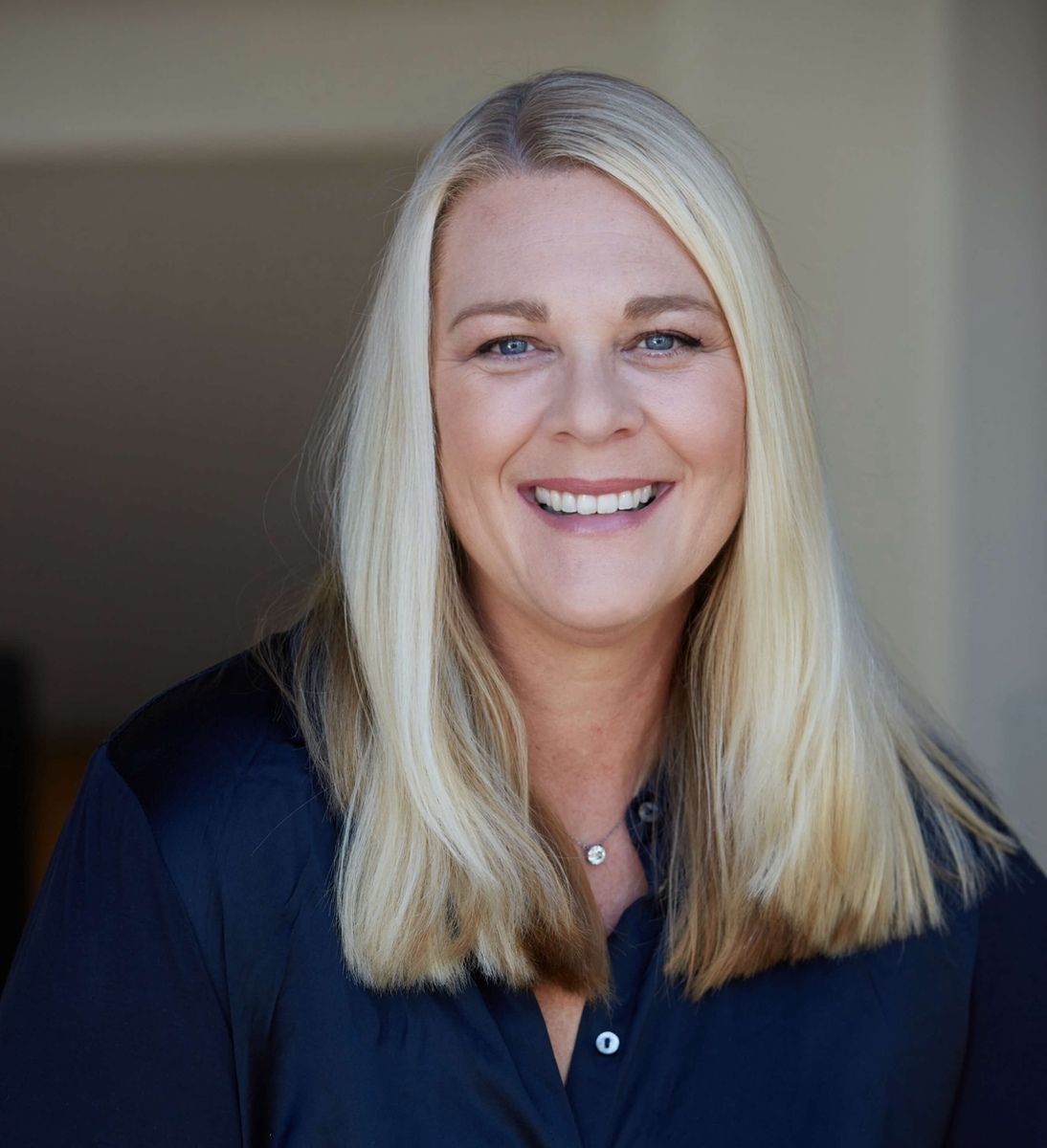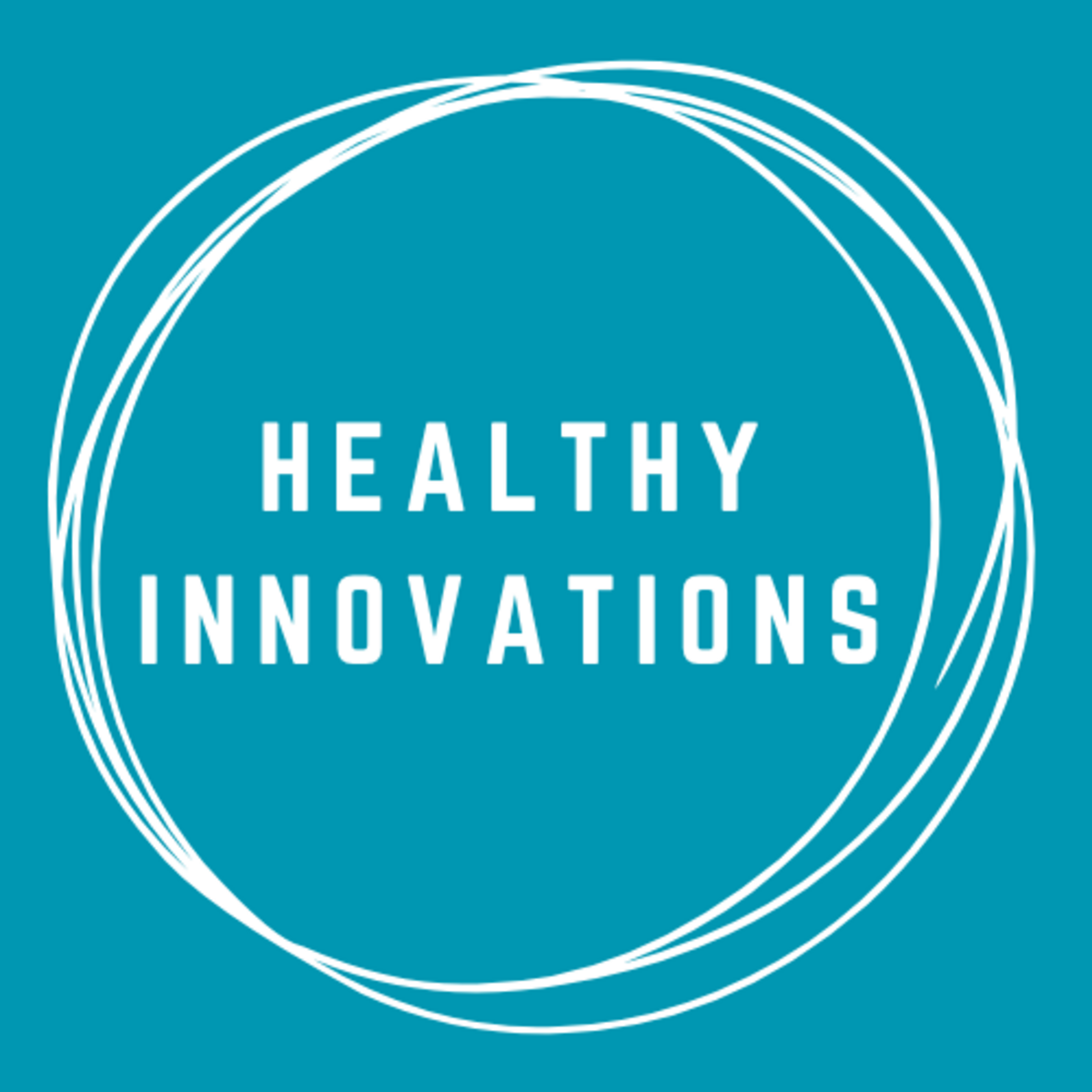Welcome back to Healthy Innovations! 👋
Two powerful forces are converging in healthcare: the rapid expansion of femtech solutions and the integration of generative AI into medical applications. This intersection represents more than incremental progress - it's creating entirely new possibilities for addressing complex women's health challenges that have historically been difficult to diagnose, track, and treat.
The numbers tell a compelling story. While femtech has grown into a significant market segment, addressing everything from fertility tracking to menopause management, the addition of AI capabilities is transforming these tools from simple data collectors into sophisticated health intelligence platforms.
So what happens when the most sophisticated AI meets the most underserved market in healthcare?
Let's dive in!
The femtech market is experiencing explosive growth - valued at $7.81 billion in 2024 and projected to reach $28.89 billion by 2032, exhibiting a CAGR of 17.9% according to Fortune Business Insights.
But this represents just the beginning of a much larger opportunity.
Recent analysis from the WHAM Report reveals that while only 5% of health conditions are exclusive to women, the remaining 95% represent vast untapped markets where women are disproportionately affected - including autoimmune diseases (80% of patients are women) and Alzheimer's disease (66% of patients are women).
Yet fundamental challenges in women's health persist:
Data gaps everywhere. Women have historically been underrepresented in clinical research, leaving physicians with fewer evidence-based guidelines. Ever wonder why so many women's health conditions take years to diagnose? This is why.
Conditions that defy logic. Research from the University of York shows endometriosis takes an average of 6.6 years to diagnose globally, with delays ranging from 6 months to an astounding 27 years in some cases. PCOS affects an estimated 6-13% of reproductive-aged women worldwide according to WHO, yet up to 70% of cases remain undiagnosed.
Fragmented support systems. Women juggle multiple apps and providers to piece together insights on reproductive health, hormones, mental wellness, and everything in between. It's exhausting - and expensive. The WHAM Report found that working women spend $15 billion more annually on healthcare than men, with unmet needs leading to an estimated $65 billion in lost earnings for women each year.
Enter AI.
Machine learning systems can analyze diverse datasets - wearable metrics, menstrual cycle logs, genetic information, sleep patterns - to reveal patterns that would take human clinicians years to spot. Generative AI adds the magic ingredient: the ability to create personalized insights, explanations, and guidance at scale.
What's actually happening right now?
The convergence is already producing fascinating results, as evidenced by leading companies like Flo Health, the European unicorn valued at over $1 billion that serves 70+ million monthly users with AI-powered cycle predictions and fertility guidance.
Across the sector, innovative startups are demonstrating AI's transformative potential:
Smarter cycle prediction. Apps are moving beyond simple calendar tracking to incorporate wearable data like temperature fluctuations and heart rate variability. AI models provide more nuanced, adaptive forecasts that learn from individual patterns.
Hormone monitoring evolution. Companies like Joii are pioneering AI-powered image analysis of menstrual blood through their app and sustainable period products, providing users with deep insights into menstrual health through non-invasive biometrics and smart recommendations.
Virtual health companions. AI-powered chatbots are being developed to guide women through questions on contraception, pregnancy, and menopause - providing accessible, judgment-free support.
Clinical decision support. Levy Health is providing automated AI-powered triaging and diagnostic insights for fertility clinics, streamlining data analysis and treatment planning for both patients and providers. Meanwhile, Allara Health employs AI and data-driven remote monitoring to diagnose and manage conditions like PCOS, giving users direct access to personalized healthcare support.
Workplace wellness integration. Peppy is delivering workplace benefits via an AI-enabled platform for women's wellbeing, including menopause, fertility, and postpartum support, demonstrating how AI-powered femtech is expanding beyond direct-to-consumer applications.
Comprehensive data platforms. Trellis Health is building an AI-driven platform for proactive control of women's health data, starting with pregnancy and incorporating broader wellness features as they scale - showing how AI can create unified health intelligence systems.
The transformation is happening at both ends: consumer apps are getting smarter, while clinical platforms are becoming more patient-friendly.
The generative AI breakthrough
Why is generative AI particularly powerful for women's health?
Three game-changing capabilities:
1. Personalized education that actually makes sense Instead of generic medical jargon, generative AI translates complex health information into clear, empathetic explanations tailored to your specific situation. Puberty questions get different treatment than menopause concerns - as they should.
2. Synthetic data for better research Here's where it gets really exciting: AI can create synthetic datasets to fill research gaps. Since women's health data has historically been sparse, validated synthetic datasets can help train models for conditions that primarily affect women.
3. Dynamic care pathways Rather than one-size-fits-all treatment plans, generative AI can model multiple scenarios - what happens if you switch contraception, start hormone therapy, or report new symptoms - giving both patients and providers evidence-based comparisons.
The reality check
Of course, it's not all smooth sailing. AI in femtech faces significant hurdles:
Bias amplification. AI systems trained on incomplete datasets risk reinforcing existing healthcare inequalities. If historical data under-represents certain groups, AI will perpetuate those gaps.
Privacy paranoia. Women's health data is among the most sensitive information imaginable. Questions around consent, storage, and usage aren't just technical - they're deeply personal.
Clinical validation gaps. Few AI femtech tools currently meet the rigorous standards required for regulated medical devices. Regulatory frameworks will be crucial for establishing safety and efficacy standards.
The "sounds smart but wrong" problem. Generative AI can produce plausible-sounding but inaccurate health advice. Without proper oversight, this becomes dangerous.
🔮 What the future holds for femtech
Market projections suggest significant expansion ahead. With both the femtech market growing and AI healthcare applications expanding, the intersection of these two exciting sectors presents substantial opportunities.
The investment community is taking notice. As highlighted in the recent WHAM Report, venture capitalists are increasingly recognizing women's health as a prime investment opportunity, with markets like menopause projected to reach $27 billion by 2030 and endometriosis representing a market size comparable to diabetes. This growing investor interest is accelerating innovation across the sector.
Early indicators point toward increased integration of AI-powered features in existing femtech platforms, expanded clinical validation of AI-assisted diagnostic tools, and growing investment in women's health research using synthetic data models.
The success of companies like Flo Health demonstrates both the market demand and the potential for AI-enhanced femtech solutions to achieve mainstream adoption.
The bottom line
The intersection of AI and femtech isn't just about better apps - it's about correcting decades of systematic underinvestment in women's health research and care.
Generative AI brings three superpowers to this challenge: personalized guidance that meets women where they are, synthetic data to fill research gaps, and dynamic treatment pathways that account for the complexity of women's health.
But success won't come from technology alone.
Trust, regulation, and genuine inclusivity will determine whether this revolution actually reaches the women who need it most.
Innovation highlights
🦠 Genetic superpowers gone viral. Scientists discovered that people with a rare genetic mutation have incredible antiviral "superpowers" that protect them from viruses. Inspired by this, researchers at Columbia University created an experimental nasal therapy that temporarily gives anyone the same protection. In animal tests, it successfully blocked flu and COVID viruses from replicating. This accidental discovery could lead to a universal antiviral treatment, though more development is needed before human trials begin.
🧠 Brain's voice makes comeback. After 18 years of silence following a stroke that caused locked-in syndrome, Ann Johnson heard her own voice again thanks to groundbreaking AI technology. UC Berkeley and UCSF researchers developed a brain-computer interface that reads her thoughts and translates them into speech using an avatar. The system bypasses her paralyzed body by directly accessing brain signals, allowing real-time communication with just a one-second delay. Johnson hopes to use this technology as a rehabilitation counselor.
🚚 Cholesterol delivery in ALZ. Scientists discovered that Alzheimer's patients have a "delivery problem" - their brain's cholesterol transport system isn't working properly. Neurons struggle to absorb essential cholesterol from cerebrospinal fluid, especially in people with the APOE4 genetic variant. Since the brain can't get cholesterol from blood due to protective barriers, it must make its own locally. When this delivery system fails, neurons don't get vital resources they need, potentially contributing to neurodegeneration and brain damage.
Cool tool
🤖 ChatGPT-5 transforms AI interaction with groundbreaking "thinking" capabilities that tackle complex reasoning and analysis like a PhD-level expert. This latest OpenAI release adapts instantly - answering simple questions immediately or switching to deep reasoning mode for challenging tasks like coding, data analysis, and information synthesis.
The model produces significantly fewer hallucinations, works seamlessly across multiple languages and dialects, and features enhanced multimodal capabilities for audio and video processing. Most impressively, ChatGPT-5 goes beyond traditional chatbots by acting as an AI agent - performing real tasks like navigating websites, filling forms, and integrating with external tools and databases for comprehensive automation.
Enterprise users benefit from sophisticated decision support and business tool integration, while safety improvements include 5,000 hours of testing and "safe completions" technology. Free users get limited daily access to this PhD-level intelligence, while Plus and Pro subscribers enjoy higher usage caps for this remarkably capable digital assistant that's reshaping both consumer and business AI applications.
Weird and wonderful
🦷 Hair-raising dental discovery. Scientists have discovered that keratin - the protein found in your hair - makes significantly better toothpaste than fluoride! This absolutely hair-brained idea actually works brilliantly: when mixed with saliva, keratin forms a protective coating that mimics natural enamel and can actually repair damaged teeth, something regular toothpaste simply can't do effectively. The sustainable solution uses biological waste like hair clippings and wool, making it environmentally friendly too.
Researchers say this follicle-powered dental revolution could hit store shelves in just 2-3 years. Soon you might literally be brushing with something that came directly from your very last haircut - talk about ultimate environmental recycling magic here!
Thank you for reading the Healthy Innovations newsletter!
Keep an eye out for next week’s issue, where I will highlight the healthcare innovations you need to know about.
Have a great week!
Alison ✨
P.S. If you enjoyed reading the Healthy Innovations newsletter, please subscribe so I know the content is valuable to you!
P.P.S. There's never been a better time to start sharing your knowledge with the world! If you're considering starting your own newsletter to share your expertise and build a community around your healthcare niche, check out beehiiv (affiliate link).







